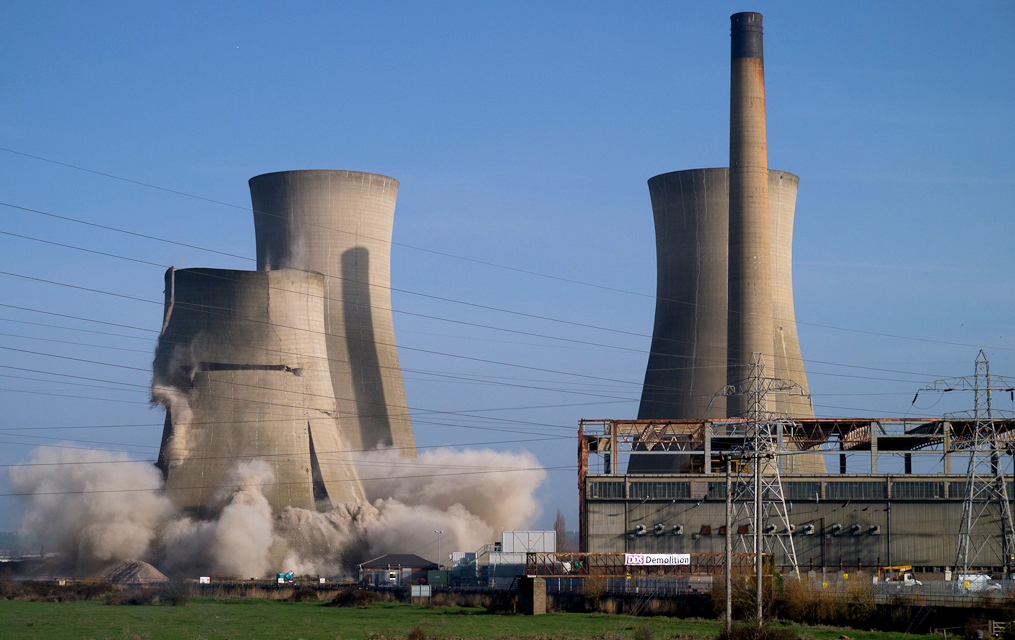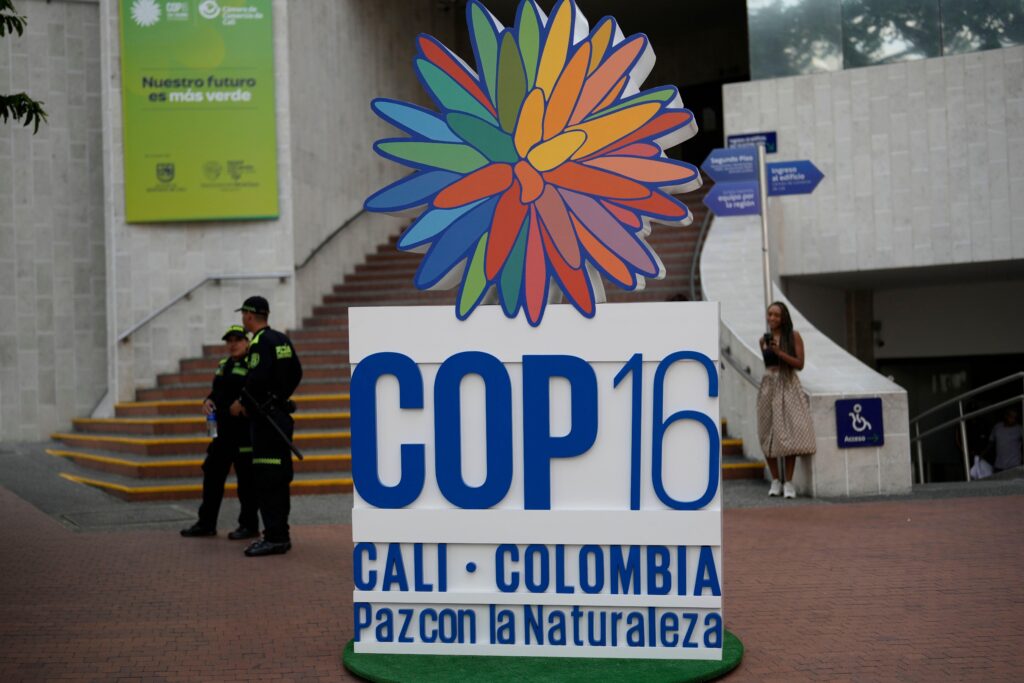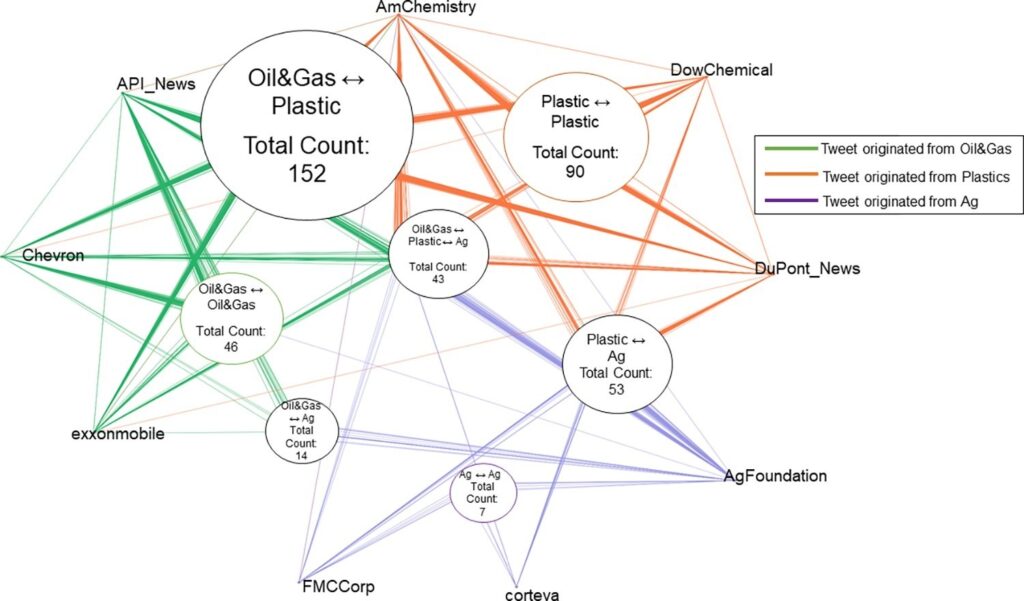By Tim Radford for Climate News Network
British scientists have worked out how to make sure of a better-than-even chance that 195 nations can fulfill a promise made in Paris in 2015 to stop global warming at 1.5°C by the end of the century: junk fossil fuel plants.
The answer is simple: phase out fossil fuel hardware as soon as it reaches the end of its effective life. Scrap the old petrol-powered car and buy electric. Shut down the coal-burning power generator and get electricity from the wind or the sunlight. Find some renewable fuel for jet planes. Deliver transoceanic cargoes with a marine fuel that isn’t derived from oil or coal.
There is a catch. Those 195 nations should have already started doing all these things by the end of 2018. To delay a start until 2030 could mean failure, even if – little more than a decade from now – the world then accelerated its escape from fossil fuel addiction.
“Although the challenges laid out by the Paris Agreement are daunting, we indicate 1.5°C remains possible and is attainable with ambitious and immediate emission reduction across all sectors”, the researchers say in the journal Nature Communications.
Long working life
Their study is based on the match of climate models and a range of possible scenarios and is focused on energy generation, transport and industry: these account for 85% of the carbon dioxide emissions that have begun to warm the planet and change the climate, and for which researchers have the most reliable lifetime data.
“All fossil fuel infrastructure, such as coal power plants, carries a climate change commitment. A new coal plant will emit carbon dioxide for roughly 40 years across its lifecycle which in turn affects global warming,” said Christopher Smith, of the University of Leeds, who worked with colleagues from Britain, Norway, Austria, Switzerland and Canada to model a huge range of possibilities to identify a timetable strategy with a probability of success of 64%.
“Investments into carbon-intensive infrastructure and their development and maintenance lock us in to the associated carbon emissions and make the transition to lower-carbon alternatives more difficult.
“Our research found that the current amount of fossil fuel infrastructure in the global economy does not yet commit us to exceeding the 1.5°C temperature rise limit put forward by the Paris Agreement.
“Climate change policy does need some good news, and [the] message is that we are not (quite) doomed yet”
“We may have missed starting the phase-out by the end of 2018, but we are still within the margin of achieving the scenario the model put forward.”
The implication is that no new oil wells should be drilled, or mines opened; no more coal-burning or oil-burning power plant commissioned. Infrastructure in use now will be retired when it reaches the end of its life, perhaps 40 years from now.
The scientists don’t discuss how feasible – in political, economic and development terms – such a step will be. Their point is that, to keep the Paris promise, the world must start now.
And their assumption does not incorporate any of the much-feared and potentially catastrophic changes in the near future, as ice caps melt and permafrost thaws to release vast quantities of carbon trapped in once-frozen Arctic soils, and make global warming accelerate.
Series of warnings
The study is not the first to warn that the time available for ending fossil fuel dependence and switching to renewable energy resources is limited. Almost as soon as the world made its historic agreement in Paris many scientists warned that on the basis of pledges made at the time the target would be difficult or impossible to achieve.
The planet has already warmed by 1°C since the Industrial Revolution began to release ever greater levels of greenhouse gases into the atmosphere. One study forecast that a world already at least 1.5°C warmer than it had been for most of human history could arrive by 2026.
Other scientists have welcomed the Leeds research. “Climate change policy does need some good news, and their message is that we are not (quite) doomed yet,” said Phillip Williamson of the University of East Anglia.
“If from now on the greenhouse gas-emitting power plants, factories, cars, ships and planes are replaced by non-polluting alternatives as they reach the end of their lifetimes, then the threshold of 1.5°C warming might not be crossed. Yet that is a very big ‘if’.”
Image: Shirokazan/Flickr CC BY 2.0
Subscribe to our newsletter
Stay up to date with DeSmog news and alerts







